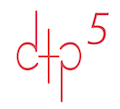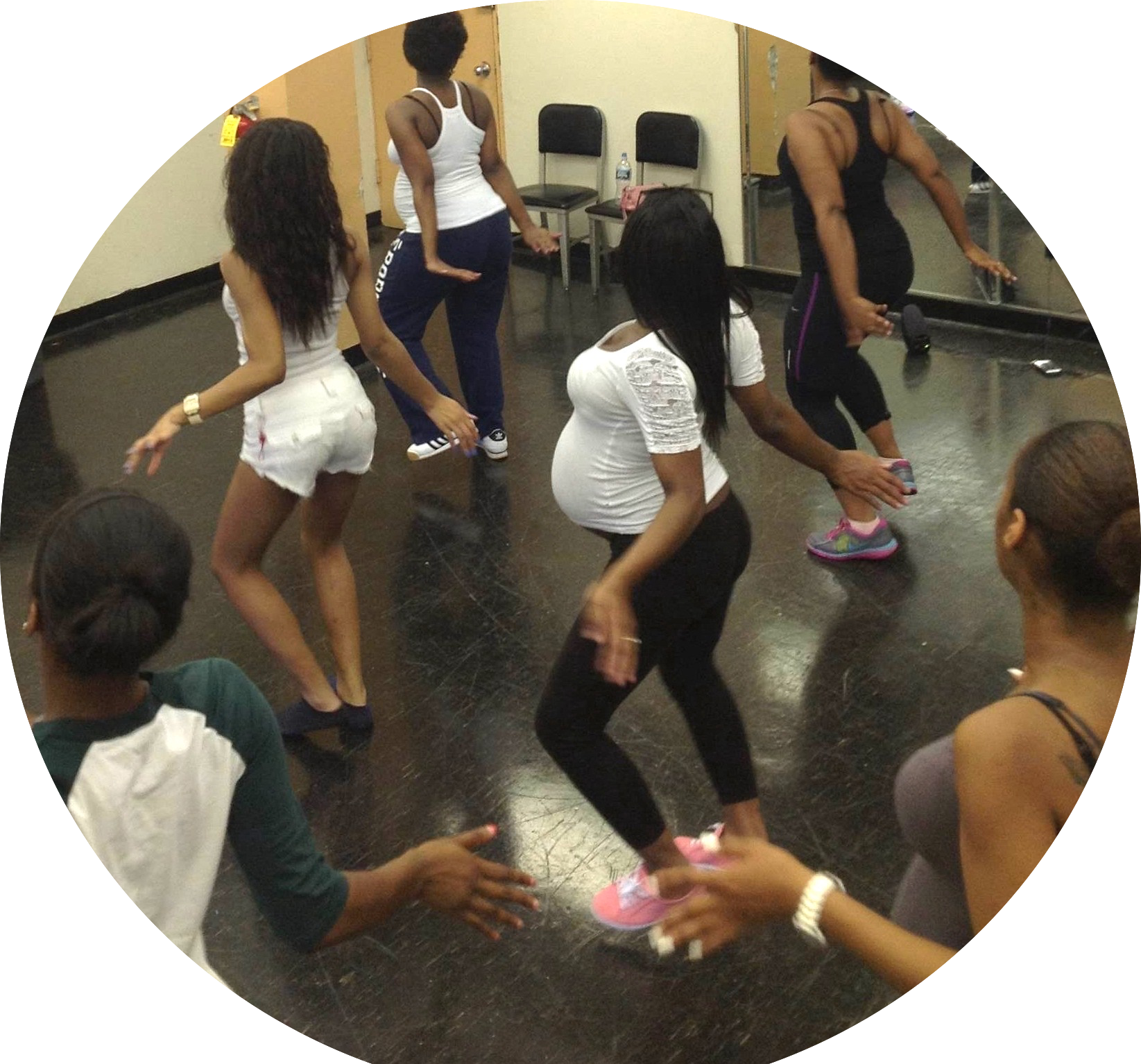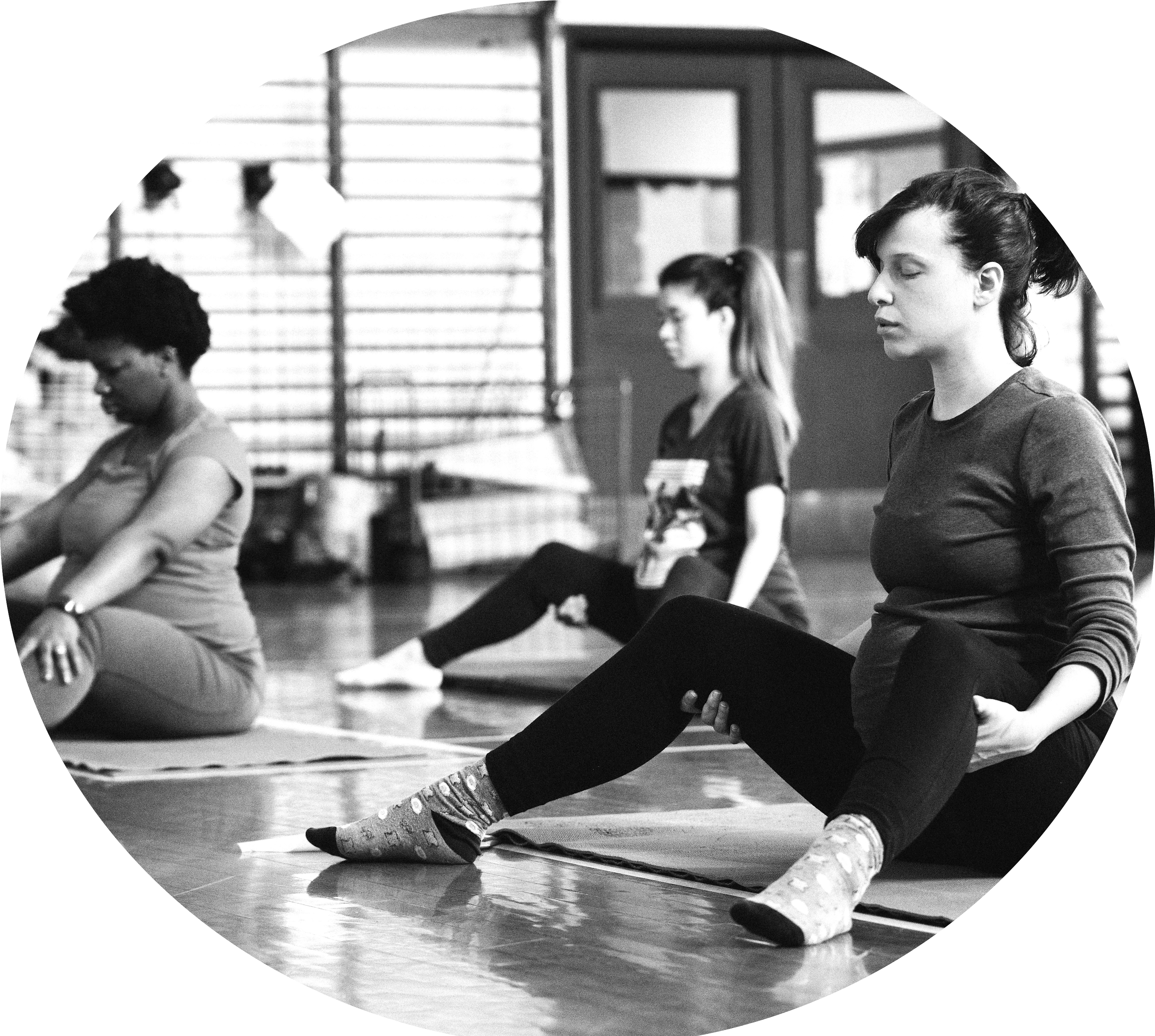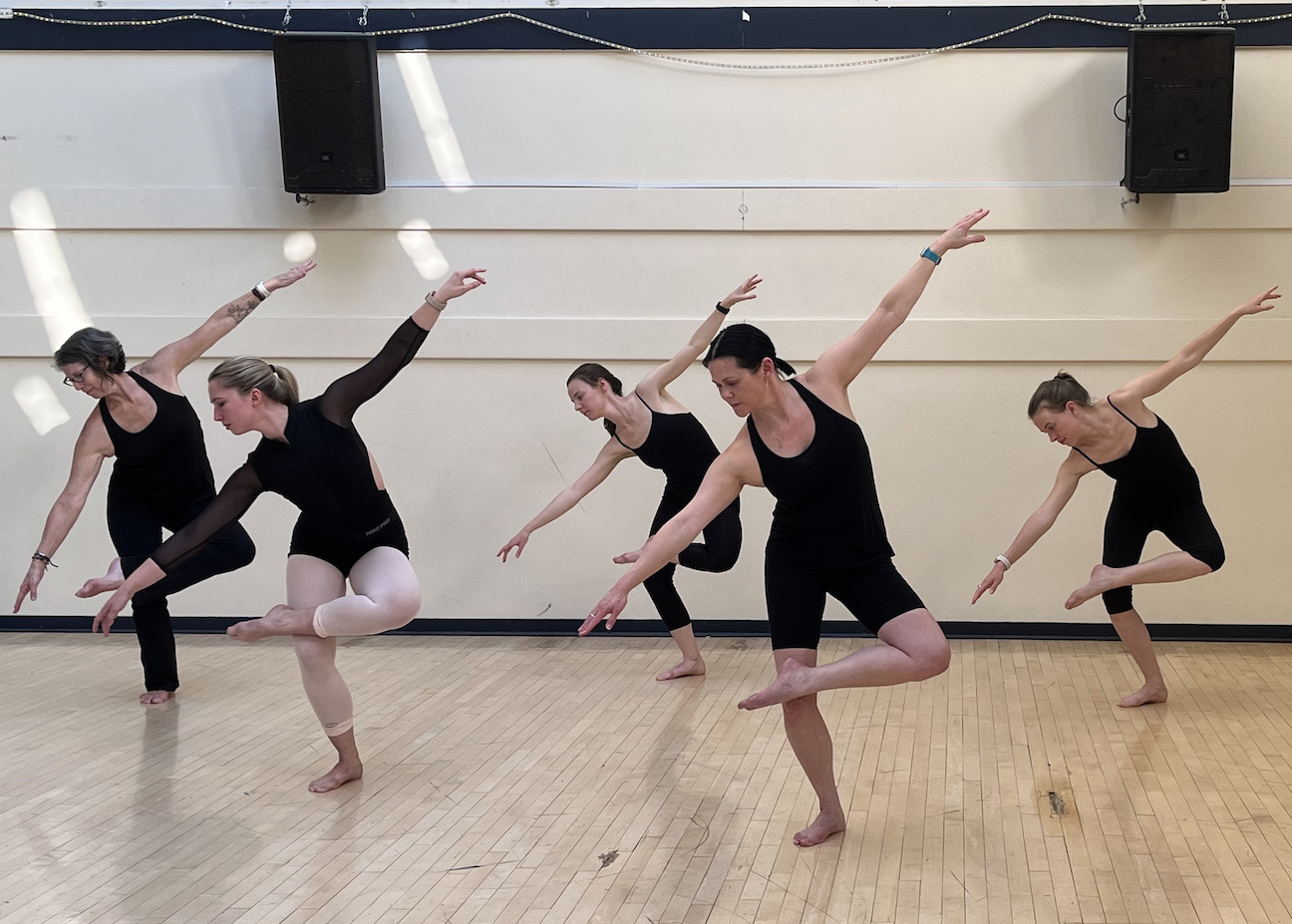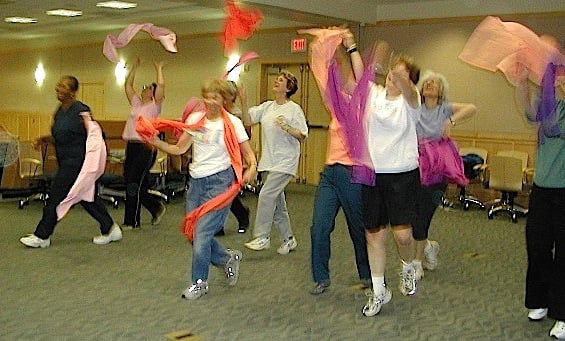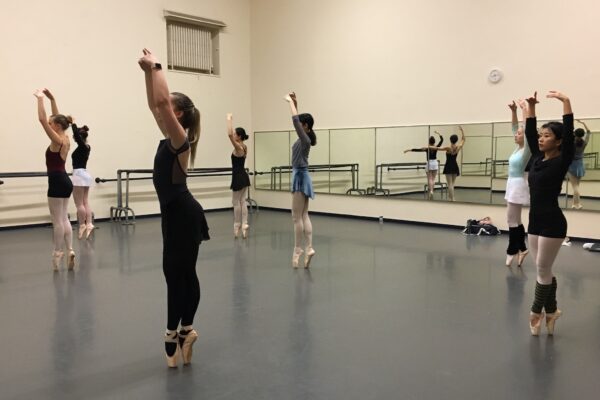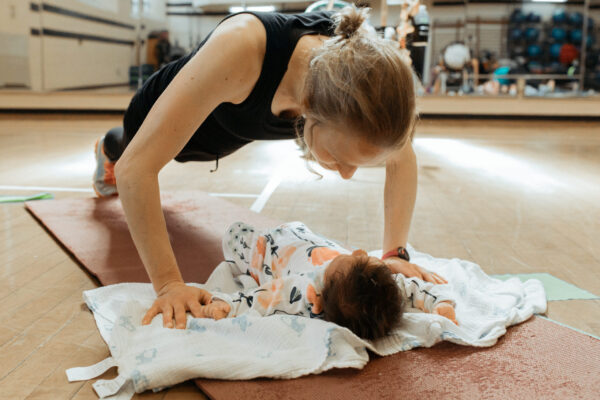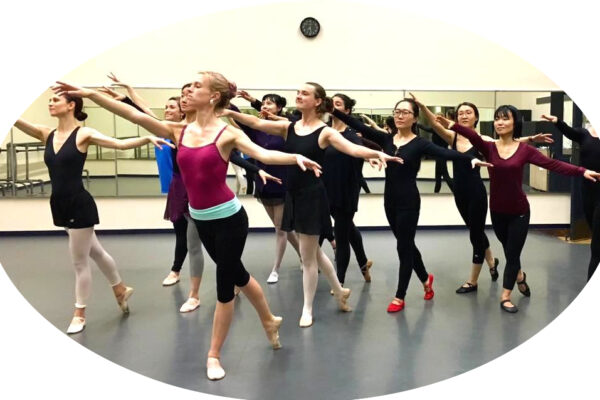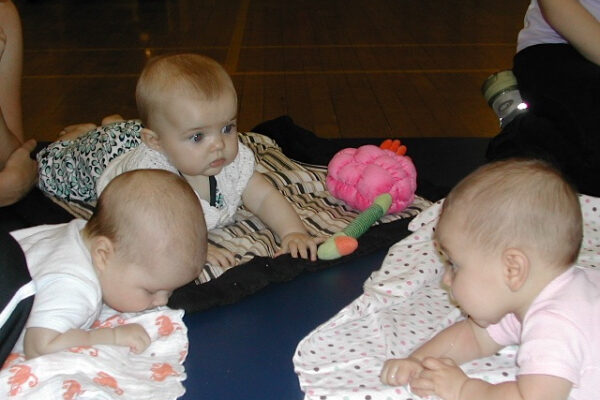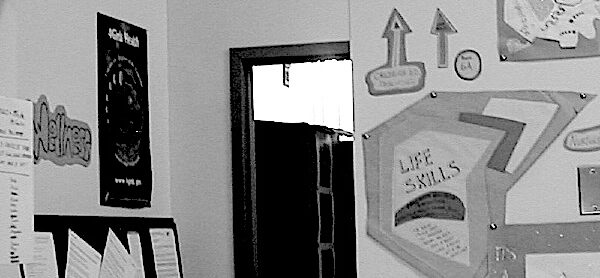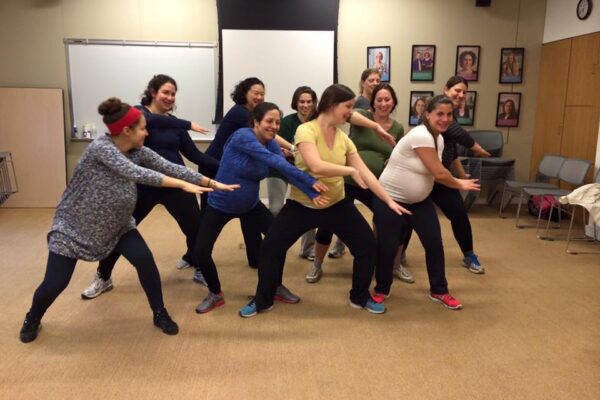Our Mission
Our mission is to make it possible for girls and women to have agency over our own bodies. We are identifying and developing culturally sensitive dance-based body-trust™ and self-advocacy programs to make them available on a global scale. The DTP Institute is a 501(c)3 non-profit charity. The activity infrastructure includes networking, research and development of programming, consulting, education, and training for those providing dance programs aimed at improving the health and well-being of females throughout life.
